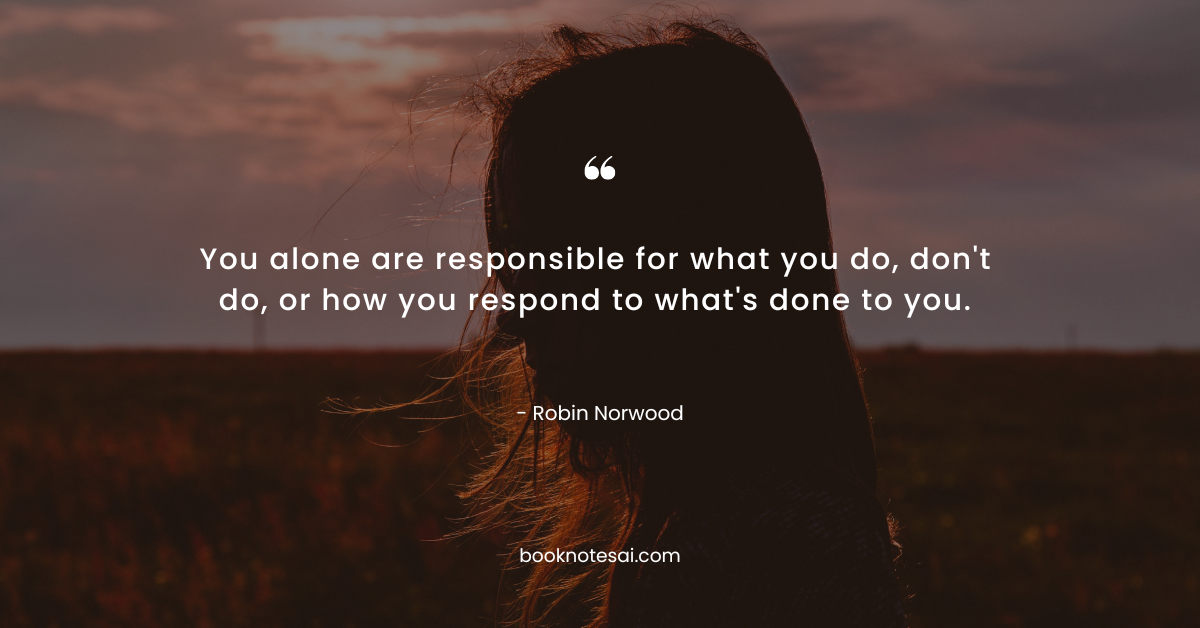Listen To This Post
Rebuilding Summary: When Your Relationship Ends: Building a New Life After Separation.

This is a book summary for Rebuilding: When Your Relationship Ends by Bruce Fisher and Robert Alberti. The essential information is structured to be practical, clear, and really helpful, while also saving you a bunch of time.
Introduction: Why this book?
- In Rebuilding: When Your Relationship Ends by Bruce Fisher and Robert Alberti, you’ll discover crucial strategies for navigating the challenging terrain of a breakup or divorce, offering a roadmap for emotional healing and personal growth.
- Through the insights shared in this book, Fisher and Alberti provide a beacon of hope for those facing the end of a relationship, guiding you towards not just surviving but thriving in the aftermath.
Rebuilding Summary:
- Rebuilding: When Your Relationship Ends offers a comprehensive guide for individuals dealing with the emotional aftermath of a breakup or divorce, providing practical steps for rebuilding a fulfilling life.
- The authors emphasize the importance of self-care, self-awareness, and gradual acceptance of the situation as key components of the healing process.
- With a focus on understanding and processing emotions, fostering healthy communication, and setting boundaries, this book empowers readers to navigate their journey of recovery with resilience and grace.
- Through real-life examples and actionable advice, Fisher and Alberti illuminate the path towards emotional healing, personal growth, and ultimately, finding joy and fulfillment beyond the pain of separation.
- By addressing common challenges and offering effective strategies for overcoming them, Rebuilding: When Your Relationship Ends serves as a compassionate companion for anyone seeking to reclaim their sense of self and build a brighter future.
💡 5 Big Ideas
- Embracing Emotional Healing: The authors underscore the significance of acknowledging and processing emotions as a crucial step towards healing.
By allowing yourself to feel and express your emotions, you pave the way for genuine healing and growth, enabling you to move forward with clarity and resilience. - Cultivating Self-Compassion: Central to the rebuilding process is the practice of self-compassion.
Fisher and Alberti encourage readers to treat themselves with kindness and understanding, recognizing that self-compassion lays the foundation for rebuilding a strong and fulfilling life. - Prioritizing Personal Growth: Instead of viewing the end of a relationship as a setback, embrace it as an opportunity for personal growth and transformation.
By investing in self-discovery, learning, and growth, you can emerge from the experience stronger, wiser, and more resilient. - Nurturing Supportive Relationships: Surround yourself with a supportive network of friends, family, and professionals who uplift and encourage you on your journey.
Cultivating healthy relationships fosters a sense of belonging and provides invaluable support as you navigate the challenges of rebuilding. - Creating a Vision for the Future: Look beyond the pain of the present moment and envision the life you want to create for yourself.
By setting goals, cultivating dreams, and taking proactive steps towards realizing your vision, you empower yourself to shape a future filled with possibility and fulfillment.
In summary, Rebuilding: When Your Relationship Ends offers a roadmap for emotional healing and personal growth following the end of a relationship.
Through embracing emotional healing, cultivating self-compassion, prioritizing personal growth, nurturing supportive relationships, and creating a vision for the future, readers can embark on a journey of transformation and emerge stronger and more resilient than before.
Powerful Quotes
- “Healing is not an overnight process; it is a daily journey towards self-discovery and self-acceptance.”
This quote highlights the gradual nature of the healing process, emphasizing the importance of patience and self-compassion. - “Your worth is not defined by your relationship status; it is inherent in who you are as an individual.”
This quote encourages readers to recognize their intrinsic value and worthiness, independent of their relationship status. - “In the midst of pain, there is also the opportunity for profound growth and transformation.”
This quote underscores the potential for growth and transformation that arises from adversity, offering hope and encouragement to readers. - “Self-care is not selfish; it is an essential practice for nurturing your emotional well-being.”
This quote emphasizes the importance of prioritizing self-care as a fundamental aspect of the healing journey. - “Strength lies not in denying our vulnerability but in embracing it with courage and compassion.”
This quote encourages readers to embrace their vulnerability as a source of strength and authenticity. - “Every ending is a new beginning, holding the promise of endless possibilities.”
This quote reminds readers that endings are not final but rather mark the beginning of a new chapter in life. - “Forgiveness is not about condoning the actions of others but releasing yourself from the burden of resentment.”
This quote highlights the liberating power of forgiveness in freeing oneself from the emotional weight of past grievances. - “True love begins with self-love; it is the foundation upon which all other relationships are built.”
This quote underscores the importance of cultivating self-love as the cornerstone of healthy relationships. - “Resilience is not the absence of pain but the ability to bounce back stronger from adversity.”
This quote celebrates the resilience of the human spirit and its capacity to overcome challenges with courage and perseverance. - “You are not defined by your past; you are empowered by your ability to create a brighter future.”
This quote inspires readers to embrace the power of self-determination in shaping their destiny.
One Reason To Read This Book:
Discover practical strategies for navigating the emotional challenges of a breakup or divorce and rebuilding a fulfilling life with resilience and grace.
Who should I recommend Rebuilding: When Your Relationship Ends Summary to?
If you know someone who’s going through a breakup or divorce and is seeking guidance and support to navigate this challenging time, this summary is for them.
Whether they’re young or old, male or female, anyone looking to rebuild their life after the end of a relationship can benefit from the insights shared in this book.
Recommendations:
- “The Five Love Languages” by Gary Chapman – Explore the different ways people give and receive love, offering valuable insights into building and maintaining healthy relationships.
- “Attached: The New Science of Adult Attachment and How It Can Help You Find – and Keep – Love” by Amir Levine and Rachel Heller – Delve into the science of adult attachment styles and how they influence romantic relationships, providing practical tools for creating more fulfilling connections.
- “The Gifts of Imperfection” by Brené Brown – Embrace vulnerability, cultivate self-compassion, and live wholeheartedly with this transformative guide to embracing imperfection and cultivating authenticity.
- “Tiny Beautiful Things: Advice on Love and Life from Dear Sugar” by Cheryl Strayed – Find solace and wisdom in this collection of heartfelt advice columns, offering compassionate guidance on love, loss, and finding meaning in life’s challenges.
- “Radical Acceptance: Embracing Your Life with the Heart of a Buddha” by Tara Brach – Learn the power of radical acceptance in transforming suffering into
This summary serves as a complimentary guide to the reviewed title Rebuilding: When Your Relationship Ends, offering key insights. For a deeper understanding, we encourage you to explore the full book.


